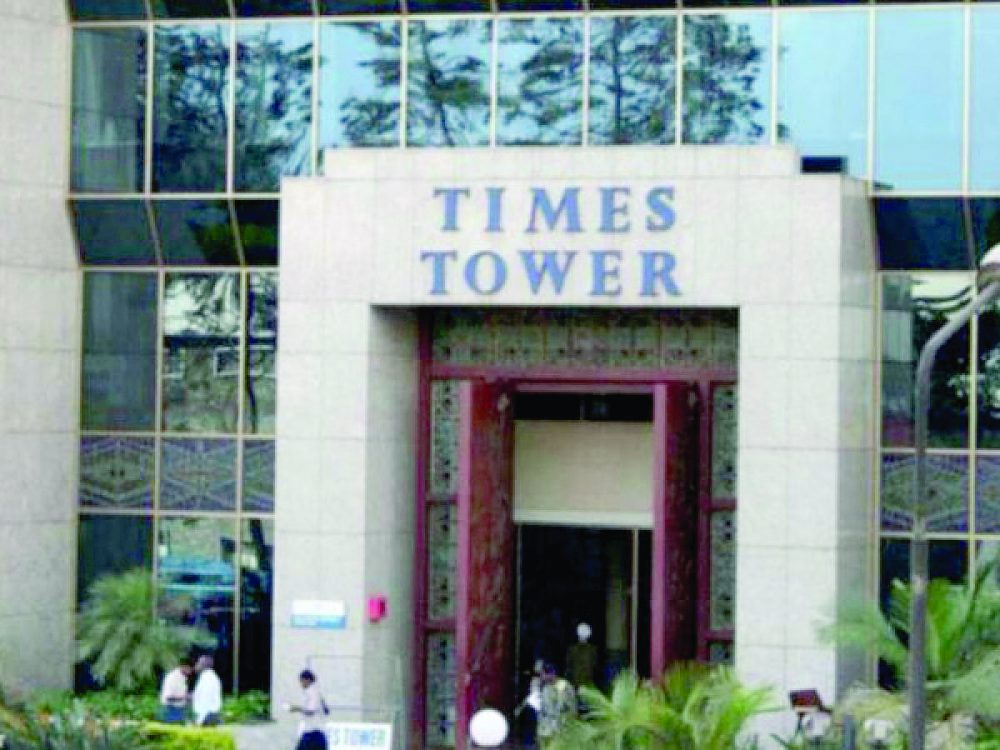How counties can enhance efficiency, bolster devolution

The devolution system in Kenya, implemented after the March 2013 elections, aims to decentralise development and services from the national governments to counties while prioritising citizen participation.
As outlined in articles 174 and 175 of the Constitution, devolution’s core objectives are promoting democratic accountability, fostering national unity through diversity recognition, enhancing self-governance, enabling community management, protecting minorities and marginalized groups, and ensuring equitable resource distribution. These goals require a structured framework that creates an enabling environment for all stakeholders.
Kenya has invested over Sh1 trillion in devolution since 2013. However, after a decade, significant challenges persist. While Article 6(2) of the Constitution allocates functions between national and county governments, many counties struggle with misplaced development priorities, governance issues, nepotism, tribalism, and corruption.
Although some challenges were anticipated, most stem from poor leadership and management. Initial responses included benchmarking sessions with successful devolved governments and conferences to explore recognised methods for strengthening county systems. Currently, counties prioritise recurrent expenditure over development, threatening devolution’s effectiveness.
The 2023/2024 Treasury report reveals that only nine counties met the minimum 30 percent development expenditure requirement mandated by the Public Finance Management Act. County governments spent Sh209.8 billion on wages, representing 47.6 percent of their Sh440.7 billion total revenue.
The Ethics and Anti-Corruption Commission is investigating 11 counties for financial improprieties, while the Controller of Budget reports Sh15.8 billion spent on ghost workers through manual processing to avoid audit trails.
To enhance efficiency, counties must modernise their approaches. Some counties demonstrate success through visible returns on devolved functions, investing in effective structures and competent personnel. The path to optimal county delivery requires broad, dynamic strategies including increased revenue generation, sealed loopholes, and adoption of intelligence-led methods.
Counties should leverage technology through blockchain for revenue tracking, smart contracts for fee collection, and digital platforms for citizen engagement. Mobile applications can facilitate revenue collection, service requests, and feedback reporting.
Intelligence-led collection using data analytics can identify trends and detect anomalies, while AI tools can flag potential fraud. Geospatial technology and satellite imagery can help identify unregistered properties.
Partnerships with the Kenya Revenue Authority can enhance taxpayer data access and revenue source identification. Counties should implement crowdsourcing intelligence through mobile apps and hotlines, encouraging citizens to report unregistered businesses and revenue evasion. Transparency portals publishing collection data can build trust and encourage compliance.
To combat revenue leakage, counties must transition from manual systems to secure digital platforms with real-time payment tracking and minimal human interference. Internal controls require strengthening through regular audits and secure whistleblowing mechanisms.
Counties should intensify inspections and penalties for tax evaders while using CCTV cameras, drones, and geospatial tools for monitoring. Revenue officers need regular training in modern collection methods and ethical practices, with rewards for meeting targets.
Parliament, county governments, independent offices, commissions, and civil society organisations must collaborate to achieve devolution goals. The Office of the Controller of Budget needs comprehensive funding and expanded powers to track county expenditure. The Senate requires adequate funding for effective oversight.
Lawmakers should prioritise the 2025 Budget Policy Statement, considering presidential and National Dialogue Committee bills to strengthen various funds and review the revenue-sharing formula for 2025/2026 to 2029/2030. The Public Audit (Amendment) Bill, 2024, seeks to align with the Constitution and improve the Auditor-General’s office efficiency.
— The writer is with the Integrated Development Network at the Public Benefits Organisation (PBO)















